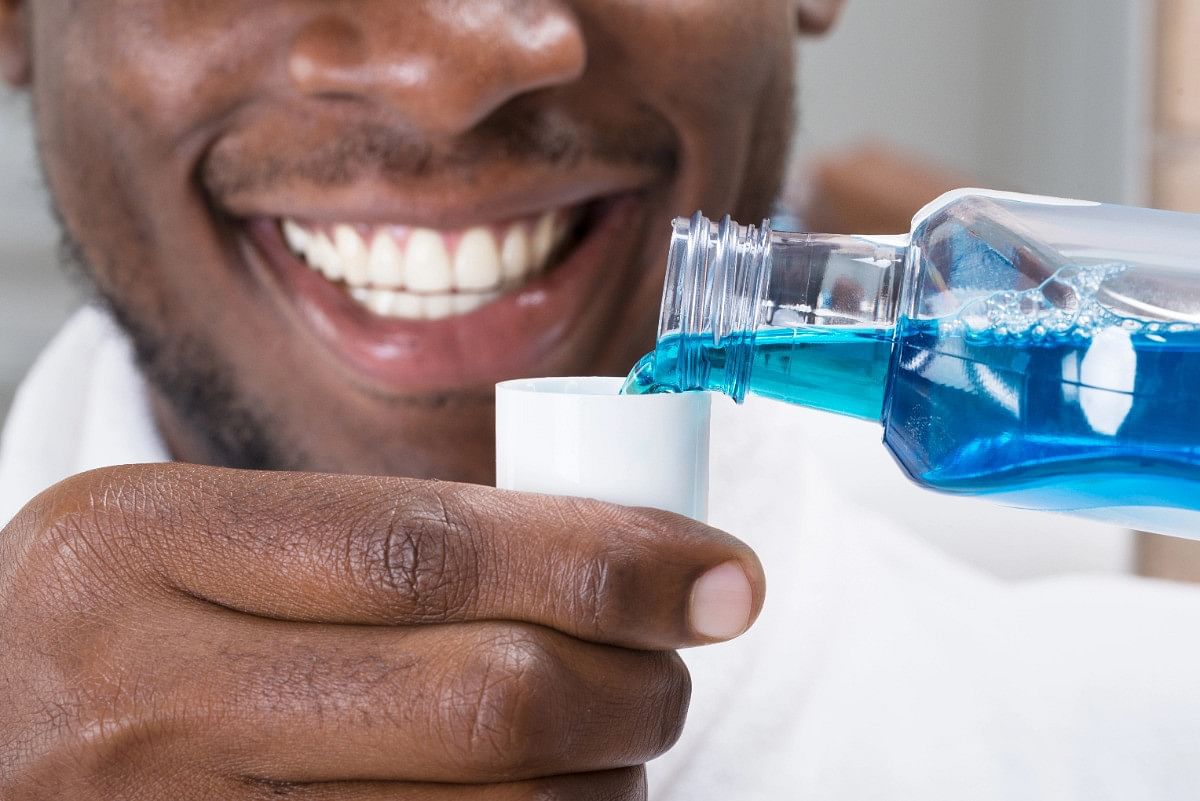For appointments, call (225) 292-6991. Serving Baton Rouge, Gonzales, Denham Springs, and New Roads

Why Mouthwash Is Important to Your Oral Health
Oral health is a crucial component of our overall well-being, yet it's often relegated to the background in our daily self-care routines. While most of us understand the importance of brushing and flossing regularly, mouthwash tends to be the unsung hero of oral hygiene, waiting on the sidelines. This liquid marvel plays a significant role in maintaining a clean and healthy mouth. From fighting gum disease to preventing plaque buildup, mouthwash is a powerful ally in the quest for optimal oral health.
The Evolution of Mouthwash
Mouthwash has been a part of human hygiene practices for centuries, with its origins tracing back to the ancient civilizations of Rome, Greece, and Egypt. Originally concocted from a variety of substances including herbs, vinegar, and wine, mouthwash was used not only for oral health but also for medicinal and cosmetic purposes. Over time, the formulation of mouthwash has evolved significantly, leading to the diverse range of products we see on the market today.
What is Mouthwash?
At its core, mouthwash is a liquid product designed to enhance oral hygiene. It's used to rinse the mouth, teeth, gums, and tongue to help remove food particles, reduce bacteria, and freshen breath. There are primarily two types of mouthwash: cosmetic and therapeutic. Cosmetic mouthwashes are primarily aimed at freshening breath and offer a temporary solution to halitosis (bad breath). On the other hand, therapeutic mouthwashes contain active ingredients that provide health benefits beyond just fresh breath, such as reducing plaque, gingivitis, and tooth decay.
Key Ingredients of Mouthwash and Their Roles
Antimicrobials: Ingredients like chlorhexidine and cetylpyridinium chloride help reduce bacteria in the mouth, combating bad breath and preventing gum disease.
Fluoride: Often found in therapeutic mouthwashes, fluoride strengthens tooth enamel and helps prevent decay.
Astringent salts: Temporary fresheners that mask bad breath.
Odor neutralizers: Substances that directly neutralize mouth odors.
Antifungal: Helps in controlling fungal growth in cases of oral thrush.
Each ingredient serves a specific purpose, and the combination used in a mouthwash formulation targets various aspects of oral health. Understanding these components and talking with your orthodontist about what’s right for your mouth can help you choose the right mouthwash to complement your oral hygiene routine.
How Mouthwash Complements Brushing and Flossing
Mouthwash is not intended to replace brushing and flossing but rather to complement these practices. Each component of oral hygiene has its role, and when used together, they can significantly enhance oral health.
Reaches Missed Areas
Brushing and flossing are effective at cleaning the surface of the teeth and the spaces between them. However, even the most diligent oral hygiene routine may miss some areas. Mouthwash can reach parts of the mouth that are difficult to clean with a toothbrush or floss, such as the back of the mouth and the deep crevices of the tongue, providing a more comprehensive clean.
Provides Additional Protection
While brushing and flossing mechanically remove plaque and food particles, mouthwash offers chemical protection against bacteria. Therapeutic mouthwashes with antimicrobial and fluoride ingredients provide an additional barrier against bacteria, plaque, and tooth decay, enhancing the protective effects of brushing and flossing.
Enhances Overall Oral Health
Using mouthwash as part of your daily oral hygiene routine can significantly enhance overall oral health. By reducing bacteria, preventing plaque buildup, supporting healthy teeth, and freshening breath, mouthwash complements the mechanical cleaning of brushing and flossing. Together, these practices form a robust defense against common oral health issues, ensuring your mouth stays healthy and fresh.
Proper Usage of Mouthwash
To maximize the benefits of mouthwash, it's essential to use it correctly. Misuse or overuse can lead to diminished benefits or even adverse effects. Here are some guidelines to ensure you're getting the most out of your mouthwash routine.
How to Use Mouthwash Effectively
1) Before using mouthwash, read the label for specific instructions. Some products might require dilution, while others are ready to use.
2) To allow the ingredients in the mouthwash to work effectively, use it after brushing and flossing. This ensures that food particles and plaque have been removed, allowing the mouthwash to reach all areas of your mouth.
3) Use the amount specified on the bottle, usually between 3 to 5 teaspoons (15 to 25 milliliters). Using too much or too little can affect how well the mouthwash works.
4) Swish the mouthwash around your mouth vigorously for 30 to 60 seconds. Make sure it reaches all areas, including the back of your mouth and between your teeth.
5) After using mouthwash, avoid rinsing your mouth, eating, or smoking for at least 30 minutes to allow the active ingredients to work effectively.
3 Common Misconceptions and Mistakes
1) Mouthwash Is a Substitute for Brushing and Flossing
Mouthwash is not a replacement for brushing and flossing. It should be used as an additional step in your oral hygiene routine.
2) You Can Use Mouthwash After Every Meal
Using mouthwash too frequently can disturb the balance of bacteria in your mouth, leading to dryness or irritation.
3) Mouthwash Is Mouthwash
Not all mouthwashes are the same. Choosing the right one depends on your specific oral health needs. For example, someone with a dry mouth should avoid mouthwashes with high alcohol content.
Considerations and Precautions
While mouthwash is generally safe for most people when used as directed, there are some considerations and precautions to keep in mind. Some mouthwashes contain high levels of alcohol or other irritants that can cause dryness, irritation, or burning sensations, especially with overuse. In fact, overuse can disrupt the natural balance of bacteria in your mouth, which is essential for oral health. Also, certain ingredients in mouthwashes, such as chlorhexidine, can cause staining with long-term use.
Choosing the Right Mouthwash for Children
Choose an alcohol-free formula to avoid the risk of ingestion and the harsh effects on sensitive mouths. Fluoride mouthwashes for children are often recommended for kids prone to cavities, but it's essential to supervise their use to prevent swallowing.
Consulting with a Dental Professional
Before incorporating mouthwash into your or your child’s daily routine, consult with your dentist or orthodontist. They can recommend a product that suits your specific oral health needs and provide advice on how to use it effectively.
Get Your Best Smile with Frugé Orthodontics
At Frúge Orthodontics, we're dedicated to providing top-rated oral healthcare tailored to meet the unique needs of each patient. As you integrate mouthwash into your daily oral hygiene routine, consider complementing your efforts with our expertise and personalized care. Whether you're seeking advice on the best oral hygiene practices, require orthodontic services, or just looking for your next dental check-up, we're here to support your oral health goals.
Contact us today to schedule your appointment and take the first step towards getting the top-rated oral care you deserve.
